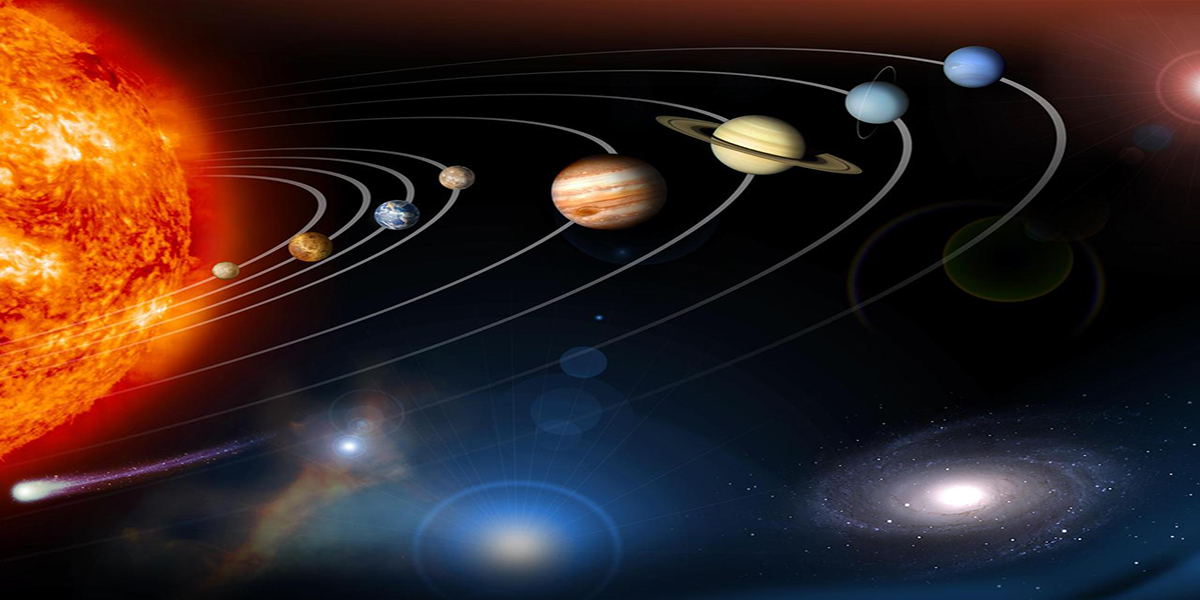Scientific Arguments Against God

Graphic courtesy of NASA
Two Great Challenges To Belief In A Loving Creator God
Roman Catholic theologian Peter Kreeft quotes Thomas Aquinas as saying the two greatest challenges to belief in a loving creator God are -
• The APPARENT ABILITY OF SCIENCE TO EXPLAIN EVERYTHING IN NATURALISTIC TERMS
• The PROBLEM OF EVIL & SUFFERING IN THE WORLD
The Apparent Ability of Science to Explain Everything in Naturalistic Terms
Stephen Hawking in his book The Grand Design claimed that science has shown there is no need for God as an explanaton of the origins of the universe and mankind. The Big Bang was the inevitable consequence of the laws of science:
“Because there is a law such as gravity, the Universe can and will create itself from nothing.” “Spontaneous creation is the reason there is something rather than nothing, why the universe exists, why we exist. It is not necessary to invoke God to light the blue touch paper and set the universe going.” "Philosophy is dead. It has not kept up with modern developments in science, particularly in physics. As a result scientists have become the bearers of the torch of discovery in our quest for knowledge.”
Ravi Zacharias has pointed out "Hawking’s statement is itself a philosophical statement. It is manifestly not a statement of science; it is a philosophical statement about science. Therefore, because it says that philosophy is dead, it contradicts itself." Furthermore he adds: "Hawking’s statement quoted above: “Because there is a law of gravity the universe can and will create itself from nothing...” clearly assumes that gravity (or perhaps only the law of gravity?) exists. That is not nothing. So the universe is not created from nothing."
He goes on:
"When Newton discovered his law of gravitation he did not say, “Now I have gravity, I don’t need God.” What he did was to write Principia Mathematica, the most famous book in the history of science, expressing the hope that it would “persuade the thinking man” to believe in God. The laws of physics can explain how the jet engine works but not how it came to exist in the first place. It is self-evident that a jet engine could have not have been created by the laws of physics on their own—that task needed the intelligence and creative engineering work of Whittle. Indeed, come to think of it, the laws of physics plus Frank Whittle could not on their own produce a jet engine. There needs additionally to be some material around the place that is subject to those laws and that can be worked on by Whittle. For, not only did scientists not put the universe there, neither did science or the laws of mathematical physics."
In other words the fact that scientific discoveries based on mathematical laws have given us developments that have enabled men to travel to the moon and back or to send probes to the furthest reaches of the known universe is evidence that these are the creation of Someone outside our human understanding and beyond man's control or claim to omniscience.




